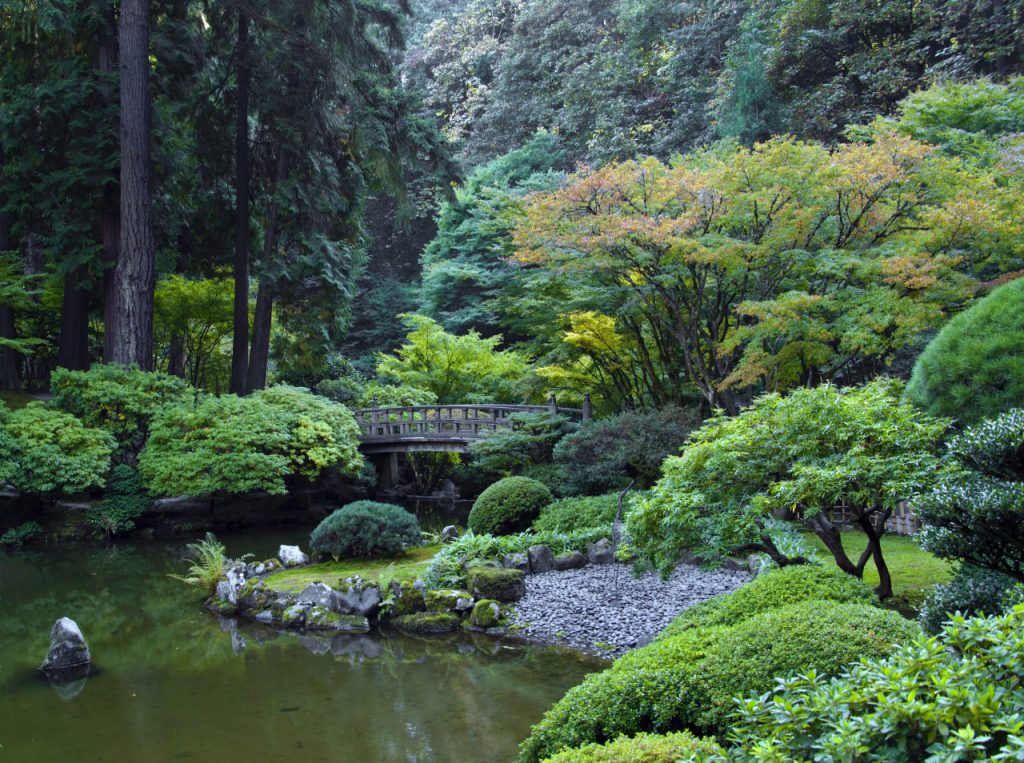In most gardening traditions, there is a strong focus on peak bloom — that short window when flowers are in full color, leaves are lush, and everything looks “perfect.” But in the philosophy of wabi-sabi, beauty doesn’t lie in the moment of perfection — it lives in transformation, in the quiet progression from one season to the next.
Wabi-sabi gardening invites you to appreciate your garden as it ages, fades, and renews. A dried hydrangea blossom in autumn, curling slightly at the edges, is as meaningful as the same flower in spring. Moss spreading slowly across a stone path is not a nuisance but a story of time. Fallen leaves, rather than being immediately swept away, are welcomed as part of the garden’s evolving texture.
This way of seeing brings peace. You’re no longer chasing constant maintenance or ideal conditions. Instead, you begin to celebrate impermanence — watching your space shift with time and weather. The subtle shift of light in winter, the quiet return of green in early spring, the rustle of brittle stems in summer wind — all are valid and beautiful.
Incorporating this into your garden practice means planning with patience and openness. Choose plants that evolve across seasons — grasses that dry into golden ribbons, trees whose bark peels naturally, or herbs that flower, seed, and return in cycles. Use materials that weather gracefully — untreated wood, stone, terracotta. These surfaces record the passing of time through cracks, fading, and texture.
As you work in your garden, wabi-sabi reminds you not to rush or resist. When a flower wilts, it is not lost — it is becoming something else. When paint fades from a pot, it’s revealing a new layer of character. The passage of time isn’t the enemy — it’s the very soul of the space.
Through this approach, gardening becomes a meditative act. You begin to see your garden not as something to fix or perfect, but as a living diary of seasons. You learn to pause. To watch. To notice.
And in doing so, you discover a deeper kind of beauty — the kind that speaks quietly, evolves slowly, and remains with you long after the petals fall.

